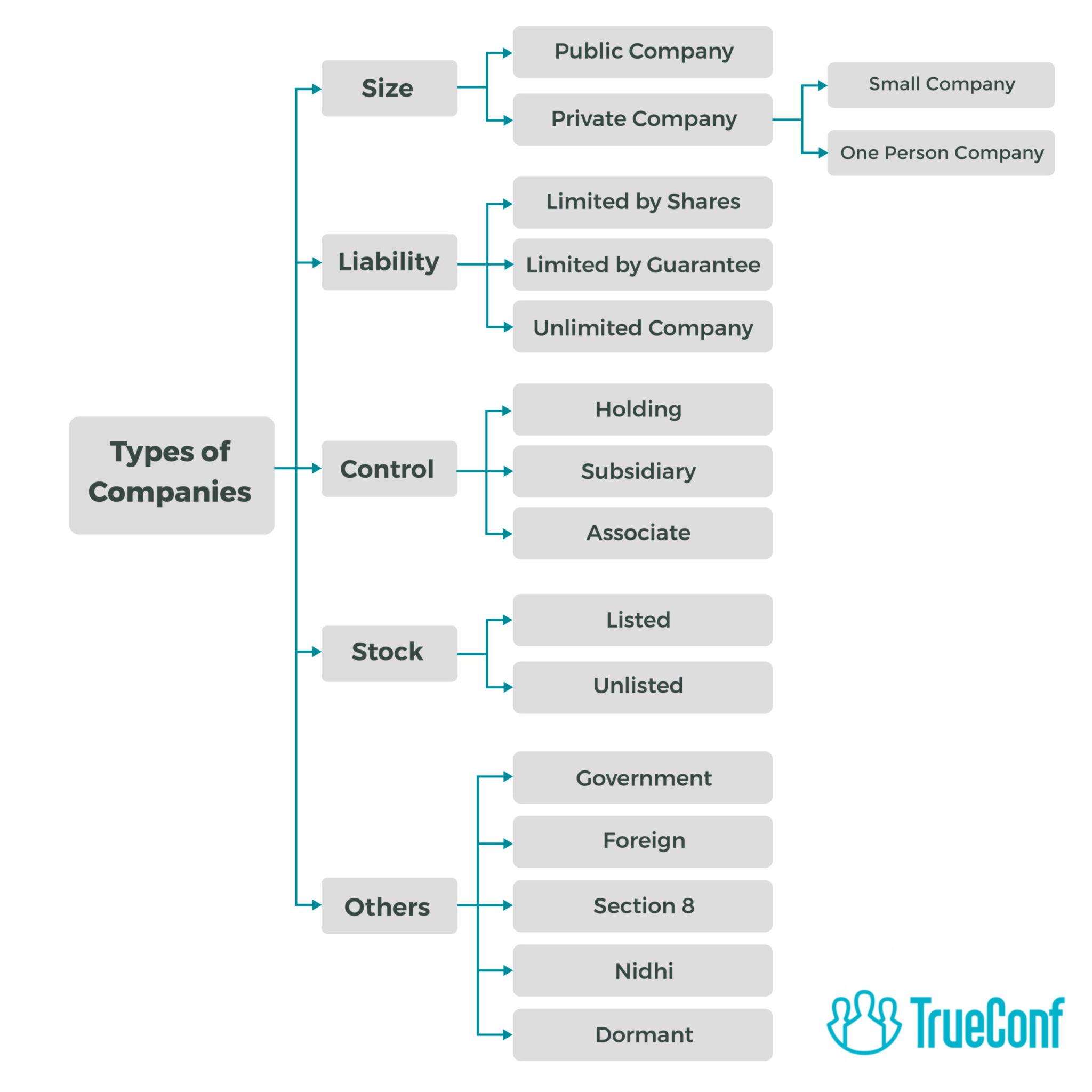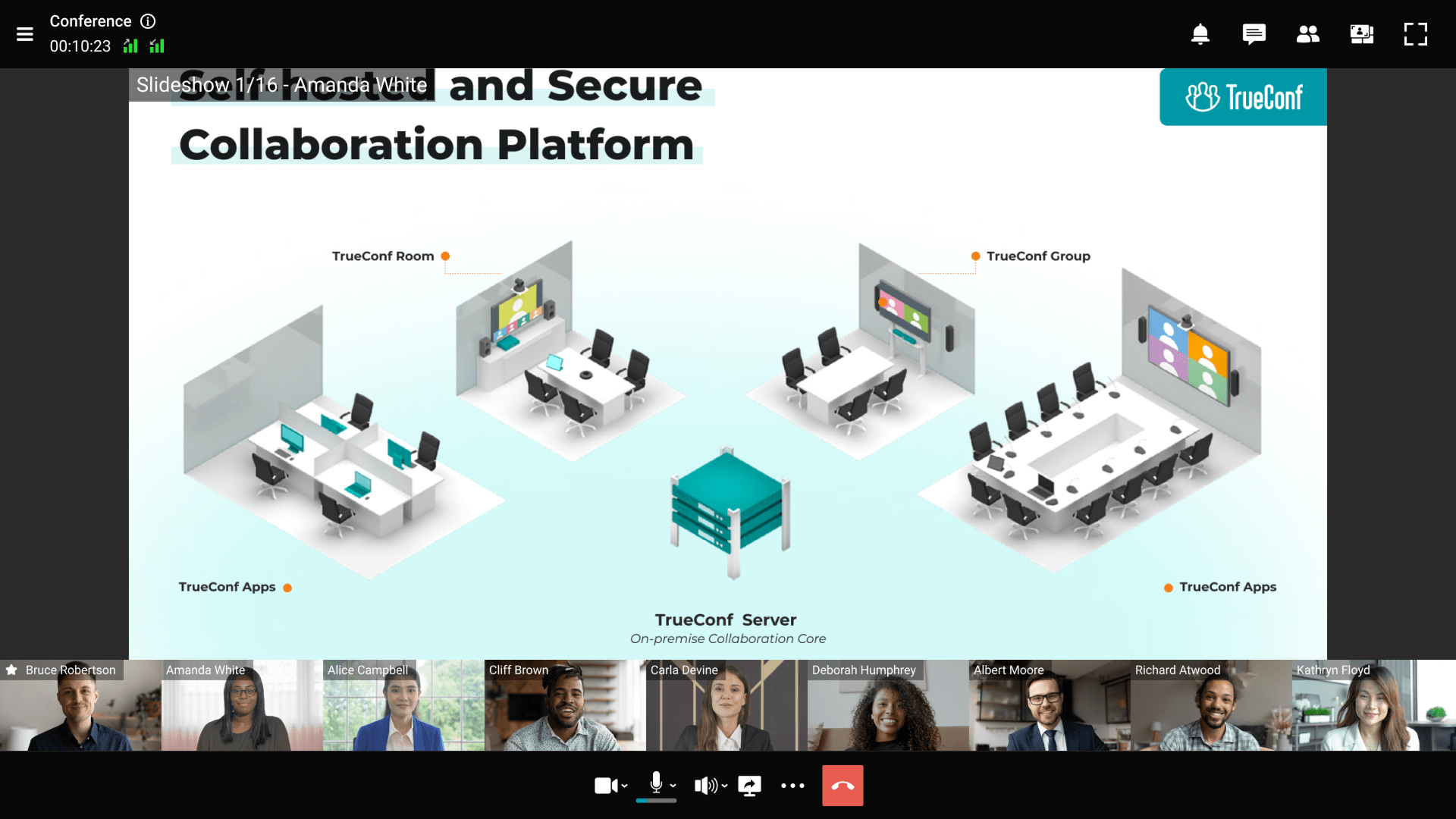What is an Enterprise?
An enterprise is an independent and organizationally separate business entity with the legal rights: it is involved in the production and sale of goods, execution of work, and provision of services.
As a rule, enterprises are created taking into account several important factors:
- A new idea or product that should be of interest to potential buyers;
- A popular problem that worries many people;
- The company has the opportunity to fill a gap in the market with its offer;
- The product can be offered below the market price, which creates competition.
When considering the long-term perspective, the biggest companies in tech typically choose a specific niche or direction, and then develop within it. Technological development plays a crucial role in optimizing business processes, increasing production coverage, and connecting employees from different branches through comprehensive communication networks.
Types of Enterprises in India
Businesses in India have different forms and structures, each with its own regulatory framework, tax policy and compliance requirements. However, among them, there are several main ones that are the most common in the country.
- Proprietorship: Owned and operated by a single individual, this structure involves minimal regulatory hurdles, making it ideal for small businesses. However, as operations scale, owners often explore options like, “Can you file LLC taxes separate from personal?” to optimize financial management.
- Partnership: A business managed by two or more individuals under terms outlined in a Partnership Agreement.
- Public Sector Enterprises: Government-owned entities where the state holds over 50% of shares.
- Autonomous Organizations: Though partially funded by the government, these entities operate independently, often established via special decrees or trader funding initiatives.
- Public Limited Company: These organizations can publicly trade shares and must implement Identity Governance and Administration (IGA) to manage secure access controls, given their distributed ownership structure.
- Cooperative Societies: Democratically controlled associations formed to meet members’ shared economic or social goals and aspirations through joint ventures that are democratically controlled.
- Trusts: Legal arrangements where a trustee manages assets for beneficiaries.

The number of enterprises in India is growing every day, contributing to the world with a plethora of new ideas and types of production.
Qualities of a Successful Entrepreneur
|
Visionary Thinking |
Resilience |
Adaptability |
|---|---|---|
|
A great entrepreneur sees opportunities where others see obstacles. They focus on validating ideas to achieve product-market fit, ensuring their business meets real market demands. |
Building a sustainable business requires grit. Understanding operational resilience frameworks helps entrepreneurs navigate challenges and maintain long-term stability. |
The business landscape is constantly changing. Successful leaders adapt quickly to maintain their professional identity and adjust their growth strategies. |
|
Decisiveness |
Strong Leadership |
Tech-Savvy Collaboration |
|
Risk-taking is unavoidable in entrepreneurship. Studying successful business plans can guide decision-making, helping leaders act confidently even in uncertain situations. |
Effective entrepreneurs foster teamwork, delegate wisely, and always prepare a Plan B for unexpected setbacks. Diversifying investments (e.g., stocks, mutual funds) also safeguards financial stability. |
A forward-thinking entrepreneur embraces new technologies and methodologies to stay ahead. They leverage data-driven insights, automation, and digital tools to optimize operations while maintaining agility in a competitive market. |
What is Enterprise Software?
Enterprise software is a solution designed for personal computers and devices, enabling organizations to facilitate communication among team members and effectively execute assigned tasks. Product managers can use enterprise software to streamline project management, track progress, and ensure timely delivery of products.
As a rule, the platform should include a dedicated messenger designed for corporate communication that enable effective problem-solving and task management.

Large organizations utilize enterprise software to effectively manage, scale, and optimize their daily operations and processes, as well as develop customized applications tailored to their specific needs. Many also prioritize secure identity access by integrating solutions like enterprise SSO platforms to manage authentication across tools and teams.
In the context of enterprise software development, the focus is on creating solutions that are not only scalable and efficient but also align with the strategic goals of the organization, ensuring seamless integration and functionality.
TrueConf Enterprise!
The scalable solution for large businesses, telecom operators and enterprises with an extensive regional structure. Unlimited video conferencing capabilities, a secure team messenger and advanced AI-based technologies!
Large organizations rely on enterprise software to streamline operations, scale processes, and build custom solutions for their unique requirements. These systems often incorporate secure identity management through enterprise SSO platforms, enabling seamless authentication across teams and tools. Modern enterprise software development prioritizes scalable, efficient solutions that align with strategic objectives while ensuring smooth integration. Beyond core operations, companies are enhancing these platforms with mobile capabilities for workforce flexibility and contact center solutions with advanced analytics to optimize communications.
Strategic financial planning becomes more effective when enterprise software integrates with FP&A tools, allowing businesses to make data-driven budgeting and forecasting decisions. Solutions like Pigment’s strategic finance platform help organizations navigate market complexities, while partnerships with FinTech software agency specialists can deliver tailored financial systems. This holistic approach to enterprise technology combines operational management, secure access, financial intelligence, and mobile connectivity to create a robust digital infrastructure that drives productivity and growth.
What are enterprise software solutions used for?
Enterprise software solutions are reliable, secure, and flexible systems designed to automate workflows, streamline collaboration across departments, and support new business models, according to ScienceSoft.
Many global enterprises integrate corporate software into their activities, as it greatly enhances their efficiency and productivity. The platforms have a wide range of business applications and, as mentioned earlier, are primarily used to address various human challenges.
- Organizations utilize enterprise software to efficiently serve customers and enhance their interaction with them.
- Enterprise software has the potential to greatly reduce operational inefficiencies, resulting in substantial cost savings for organizations: by streamlining processes and improving productivity, businesses can save thousands of dollars.
- Enterprise software improves not only internal but also external communication through automation, efficient data management, and optimal utilization of network resources.
- Enterprise-grade software can help narrow the gap between sales and marketing, enabling companies to respond faster to initial contact with new customers.
- Enterprise software can deliver a wide range of functionalities depending on business needs—for example, enterprise blockchain features for secure and transparent record-keeping, enterprise AI for data-driven decision-making, and automation tools for streamlining operations and communication.
Kudremukh Iron Ore Limited (KIOCL)|Case Study
KIOCL provided their employees with secure tools for collaboration, video calls, and team messaging by implementing TrueConf Server. An autonomous system unified more than 1,000 employees allowing to facilitate work meetings in hybrid and online modes from any location.

How Can TrueConf Help with Enterprise Software?
TrueConf is an ecosystem of video conferencing solutions that can complement and enhance the capabilities of enterprise software, providing high-quality communication and necessary collaboration functions.
- Organize all of your communication in one application: easily find colleagues, create chats for teams and projects, and effortlessly share files.
- Effortlessly plan and create conferences on the fly, effortlessly gather up to 1, 500 participants in an event, and enjoy seamless communication with the help of advanced AI algorithms.
- Collaborate on projects with the team by sharing screens, delivering presentations, and remotely managing computers.
- With offline operation in LAN/VPN, encryption, and complete control over your communications, you can ensure secure and private interactions.
- Client applications are available for all popular operating systems, including Windows, macOS, Linux, as well as Android and iOS.
Take your team communication to the next level with TrueConf!
A powerful self-hosted video conferencing solution for up to 1,000 users, available on desktop, mobile, and room systems.
About the Author
Nikita Dymenko is a technology writer and business development professional with more than six years of experience in the unified communications industry. Drawing on his background in product management, strategic growth, and business development at TrueConf, Nikita creates insightful articles and reviews about video conferencing platforms, collaboration tools, and enterprise messaging solutions.



Follow us on social networks